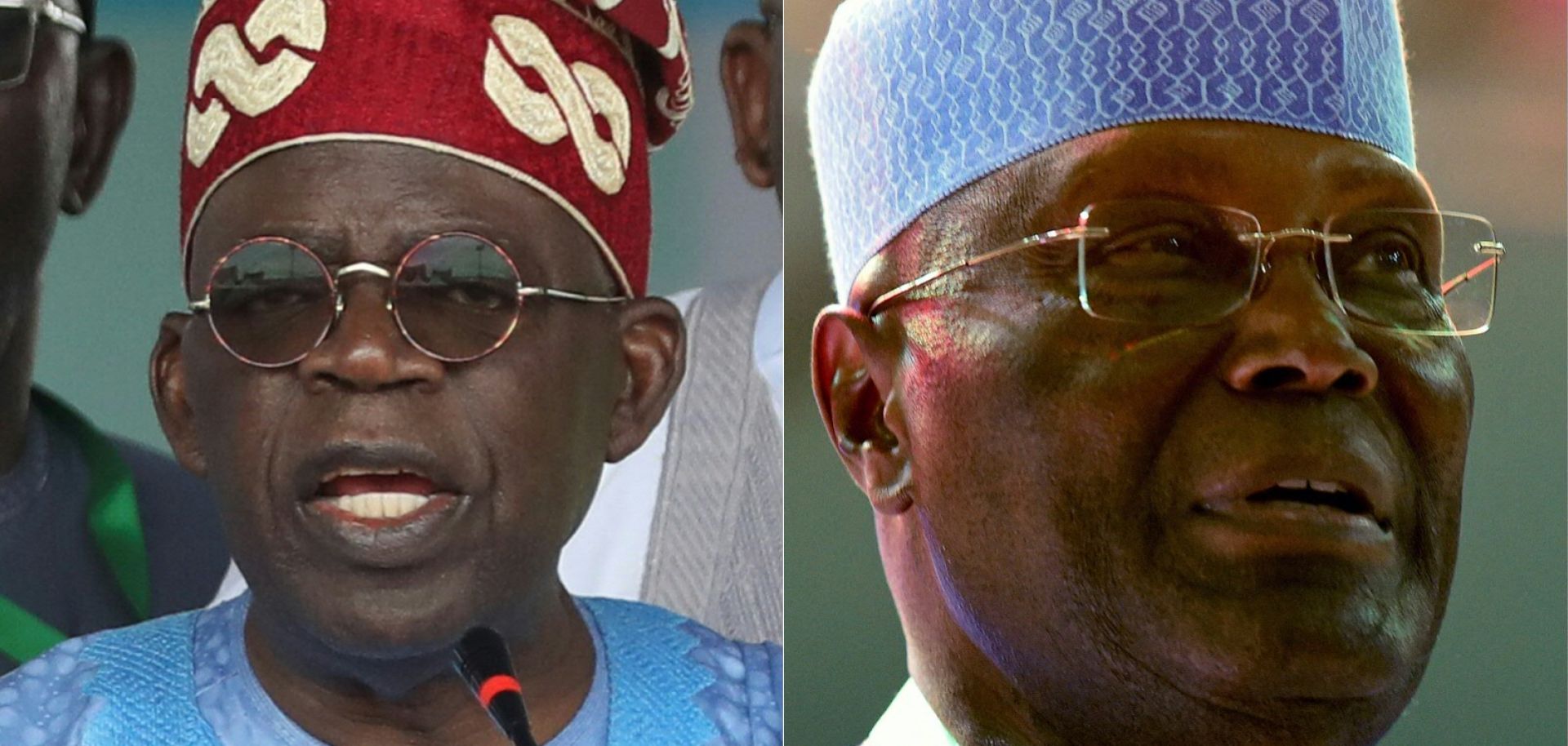Nigeria’s next presidential election will test the continuity of the country’s informal distribution of power between regions and religious groups, which could create winners and losers in terms of who receives more government funding and will raise the risk of sectarian clashes. During the ruling party’s June 6-8 convention, delegates from the All Progressives Congress (APC) nominated Bola Tinubu, a longtime political kingmaker who governed the southwestern state of Lagos from 1999 to 2007, as their candidate for Nigeria’s February 2023 presidential election. Tinubu’s primary challenger will be former Vice President Atiku Abubakar, who received the nomination from Nigeria's main opposition Peoples’ Democratic Party (PDP) on May 31. while Tinubu and Abubakar’s stated priorities on the campaign trail differ, the greater ideological platforms of the APC and PDP -- the two parties that have dominated Nigeria’s political system since 2013 -- are virtually indistinguishable. In February, many Nigerians will thus...


